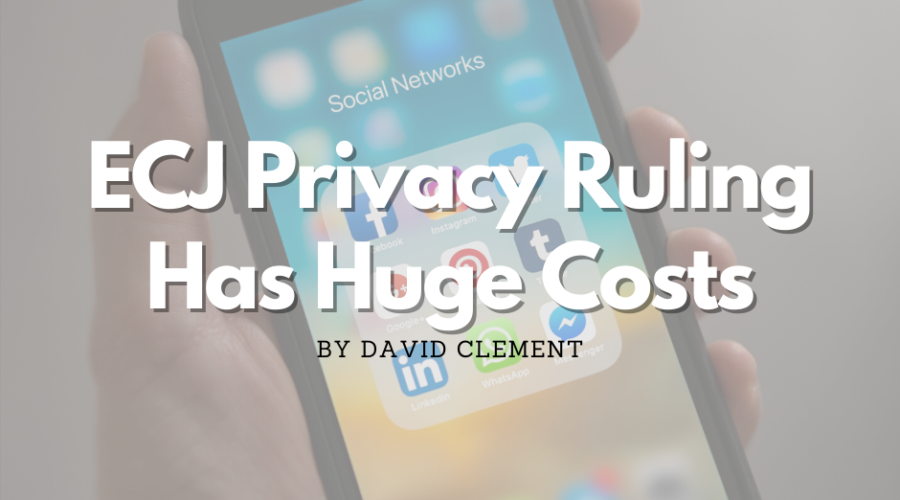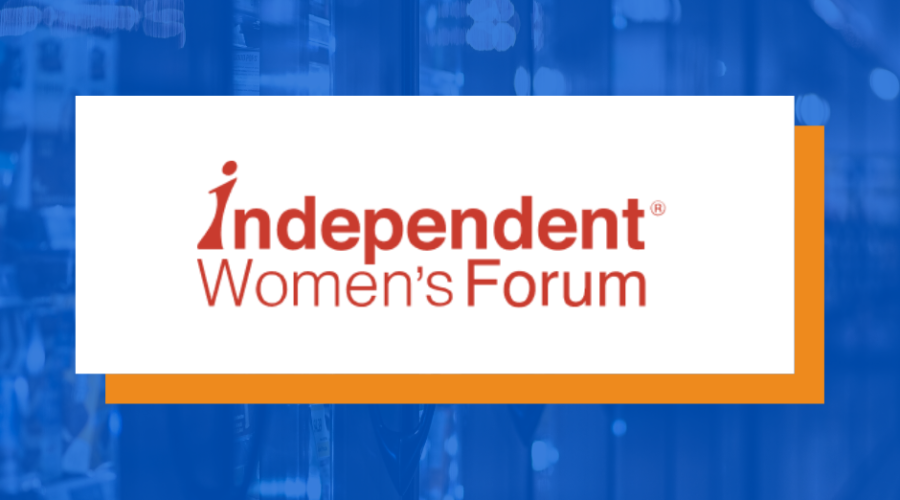The Pope should back off on anti-capitalism
Idea global capitalism has failed us is objectively wrong and so is caveat that economic gains have been shared unequally
According to Pope Francis, global capitalism has failed the world. In his latest encyclical, “Fratelli Tutti” (Brothers All), he writes that “neo-liberalism simply reproduces itself by resorting to magic theories of ‘spillover’ or ‘trickle.’ ” According to His Holiness, capitalism is a “perverse” global economic system that consistently keeps the poor on the margins while enriching the few. The Pope may be the Vicar of Christ on Earth for Catholics, but he couldn’t be more wrong when it comes to economics.
In the past 40 years, global capitalism has alleviated poverty at a rate never seen before. In 1980, over 40 per cent of people then alive lived in absolute poverty — defined as an income of less than $2 a day when adjusted for inflation. Fast forward to today, after half a century of globalization and “neoliberalism,” fewer than 10 per cent of people live in poverty.
China and India, which were once among the worst-off countries, have benefited immensely from a more globalized world. Since 1980, China has seen life expectancy rise by 13 per cent, infant survival by 80 per cent, inflation-adjusted income per person by 230 per cent, food supply per person by 44 per cent, and mean years of education by 49 per cent. India’s progress has charted that same path, as life expectancy has risen 23 per cent, infant survival 66 per cent, income per person 487 per cent, food supply 23 per cent and mean years of education 166 per cent.
To say these growth patterns are astounding would be an understatement. In fact, this wholesale reduction in poverty is so large it dwarfs the gains made during the Industrial Revolution, possibly even during our species’ domestication of agriculture over 10,000 years ago. If the Pope thinks this is failure, it’s hard to imagine what success would look like.
Critics of global capitalism might argue that poverty reduction is well and good but the progress has been unevenly shared. To a certain extent that is true but that gap is much smaller than most people realize.
Has the significant growth in the developing world come at the expense of workers in Canada and the United States? Hardly. Trade isn’t a zero-sum game, as the data confirm. Since 1980, Canada has experienced significant, albeit more modest gains on most of the measures mentioned. Since 1980 life expectancy has risen nine per cent in this country, infant survival 58 per cent, inflation-adjusted income per person 64 per cent, food supply 18 per cent and mean years of education 21 per cent. Those all represent substantial improvements.
But what about income inequality within Canada? Populists on the left and right will argue that the Pope is right and that globalization has exacerbated inequality here at home. That is the prevailing narrative these days. Every week we see headlines decrying the massive wealth of innovators like Jeff Bezos or Bill Gates. But the idea that Canada has become less equal as a result isn’t true either.
A country’s Gini coefficient (a measure of income inequality) shows how equal or unequal a country’s income or wealth distribution is. Its value is zero if everyone has the same income or wealth and one if only one person receives all of the country’s income or owns all its wealth. Although the Canada’s Gini coefficient for after-tax income has fluctuated, today it is about the same as it was in 1976, the first year for which Statistics Canada has data. In 1976, Canada’s after-tax Gini coefficient was .300. In 2018 it was .303 — virtually unchanged. Canada’s commitment to open markets and free trade, coupled with our strong social safety net, has allowed our country to experience economic growth without run-away inequality. People who suggest otherwise just don’t have fact on their side.
The idea that global capitalism has failed us is objectively wrong and so is the caveat that economic gains have been shared unequally. Whether we call it global capitalism or neoliberalism, the world is a better place because of it. We have all benefited from a more interconnected world. The rising tide has lifted all boats.
Originally published here.











